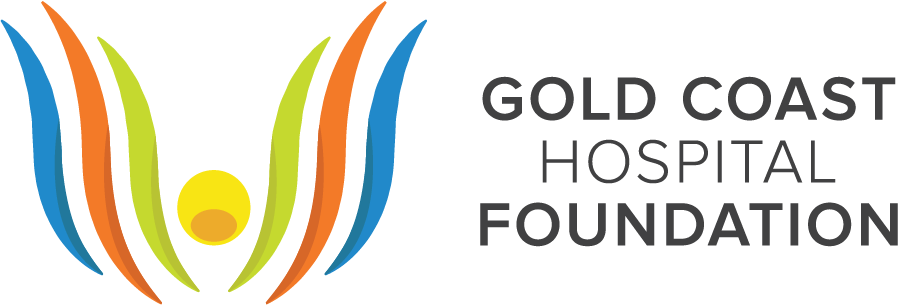
You loved our marathon tips from Pat Carroll, so we set out to find some more experts to help you smash your training goals. Check out the below article from Ditietian, Michael Salmon, with tips on how to fuel your body before, during, and after the race.
What are the best foods to eat when training for a marathon?
Marathon training requires a balanced diet for optimal performance. You need to ensure you are eating enough calories overall to fuel all your long and gruelling workouts. Focus on including:
- Complex carbs for sustained energy: brown rice, quinoa, whole-wheat breads and pasta, fruits.
- Lean protein for muscle repair: chicken, meat, fish, beans, and tofu.
- Healthy fats for satiety and nutrient absorption: avocados, nuts, olive oil.
- Fruits and vegetables: These provide fibre, antioxidants, vitamins, and minerals.
- Water for hydration.
Everyone is different and may tolerate different foods; make sure you experiment and find out what works best for you.
What foods should you avoid when training?
While training for a marathon, it’s wise to limit certain foods that might cause digestive issues or slow you down:
- High-fibre foods: These are great for general health and digestion and should be an essential part of your diet; however, having too much fibre close to training runs may cause bloating and discomfort. Think beans, broccoli, and whole grains in excess.
- Spicy foods: Spicy meals can irritate your stomach, especially during runs. Save the curry for after a race.
- Fatty and greasy foods: These take longer to digest and can weigh you down. Burgers, fries, and fried foods are best left for cheat days.
- Sugary drinks and processed foods: These offer a quick energy spike followed by a crash, not ideal for sustained training. Although energy gels and simple carbohydrates can come in handy during long training runs to avoid ‘hitting the wall’.
- Alcohol: Alcohol dehydrates you and hinders recovery. It is best to avoid or minimise during your training period. Not great for post-marathon hydration either!
What foods should you eat before the race?
Aim for a light and easily digestible meal 2-3 hours before the race that is high in carbohydrates and low in fat and fibre. This will help to avoid digestive issues and top up your glycogen stores. Good options include:
- Toast with peanut butter, banana, and a glass of juice.
- Porridge with fruit
- Muesli with fruit and yoghurt
- Fresh smoothies (you could include peanut butter, yoghurt, and bananas or berries)
Make sure to test out your race day breakfast before on training runs. This helps to avoid any surprises on race day.
What nutrition do you need during the race?
During a marathon, your body is constantly burning energy, so fuelling it properly is key. Here’s the lowdown on what you’ll need during the race.
- Easily digestible carbs: Since they’re your body’s preferred fuel source, prioritise easily digestible carbs every 30–60 minutes. Energy gels, sports drinks, or chews are convenient options. Experiment in training to find what your stomach tolerates best and how much keeps you going. Aim for between 30 and 60 grams of carbs per hour.
- Hydration and electrolytes: Sweating is inevitable, so plan to stay hydrated with water or electrolyte drinks throughout the race. Electrolytes help replenish minerals lost in sweat, which is important for maintaining muscle function and preventing cramps. Listen to your thirst, and don’t wait until you’re dehydrated to drink.
- Practice makes perfect. Don’t wait until race day to figure out your marathon nutrition plan. Experiment during your long training runs to see how your body reacts to different gels, drinks, and amounts of carbs. This helps you find what works best to avoid any unpleasant surprises.
What foods should you eat after the race?
After a marathon, focus on refuelling your body with a mix of carbohydrates and protein to kickstart muscle recovery. Here’s what to prioritise:
- Fluids: Water is key, but consider drinks with electrolytes like chocolate milk, sports drinks, or coconut water to replace lost minerals.
- Within 30–60 minutes of finishing: Aim for a quick replenishment with easily digestible carbs and some protein. Think chocolate milk, a banana with peanut butter, or a recovery drink.
- Later in the day: Once your appetite returns, focus on a balanced meal with complex carbs, lean protein, and healthy fats. This could be grilled chicken with brown rice and veggies or a salmon salad with whole-wheat bread.
What foods or fluids should you avoid on race day?
Avoid anything that might upset your stomach as this isn’t going to be great on race day. You need to fuel your run with easily digestible food. After the race, while it may be tempting to celebrate your new PB with a few drinks, this is going to slow your recovery and likely leave you worse for wear the next day.
Is it true that it’s good to eat pasta before a marathon?
Yes, pasta is a good pre-marathon meal because it is easy to digest and has complex carbs for sustained energy. If you’re going to eat pasta, ensure it is no less than 2-3 hours before the race (or have the night before) and avoid a giant portion which might upset your stomach. Some runners may even go as far as saying, “Pasta makes you run fasta.” Other great options also include rice, oats, cereal, and bread.
This information is provided only as general nutrition advice. If you would like further information and/or have pre-existing health conditions, then it is recommended that you seek personalised advice from an Accredited Sports Dietitian. https://www.sportsdietitians.com.au/#find-sports-dietitian
Start Fundraising today!
There are now more than 1000 marathon runners who are signed up to fundraise for Gold Coast Hospital Foundation but only a handful are actively fundraising. We need your help! If everyone raised just $100 we could over raise $100,000! That is an incredible amount that could make a monumental difference to our community – but we can’t do it without you! Click here to start fundraising!
